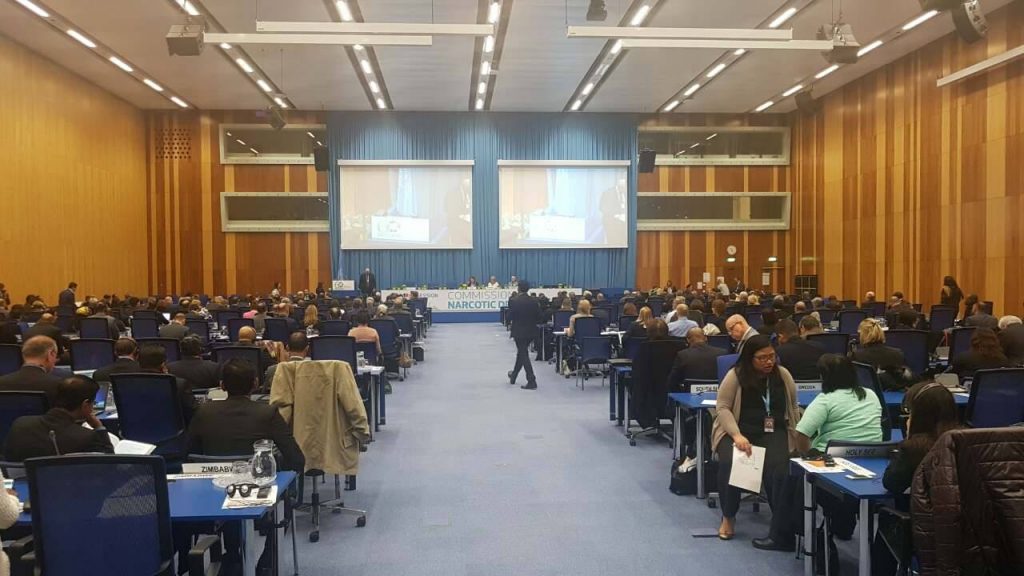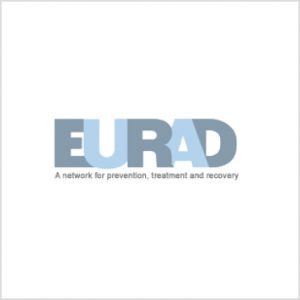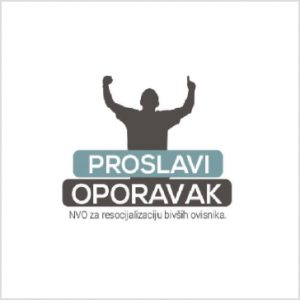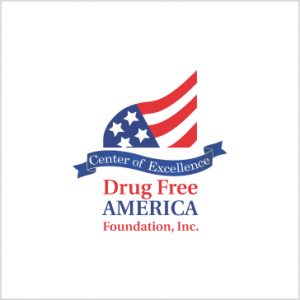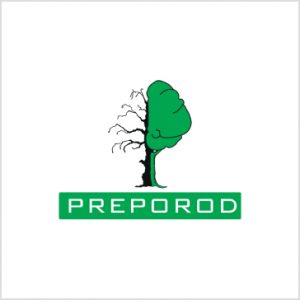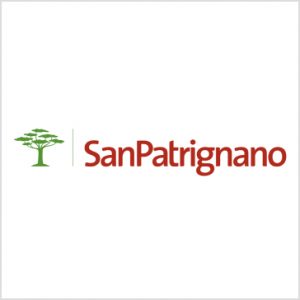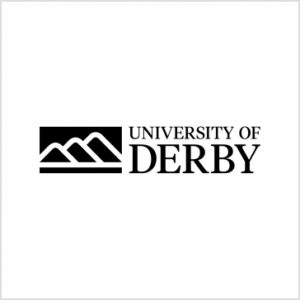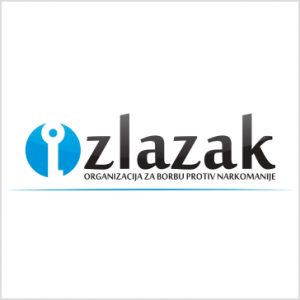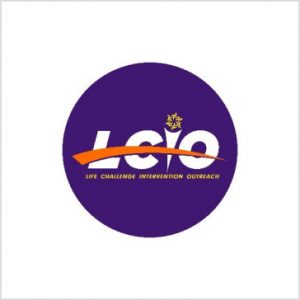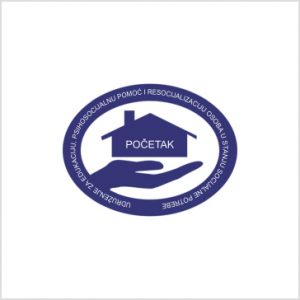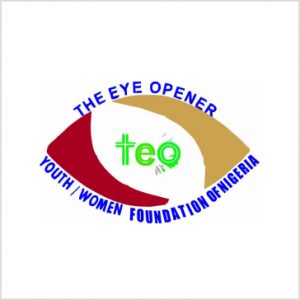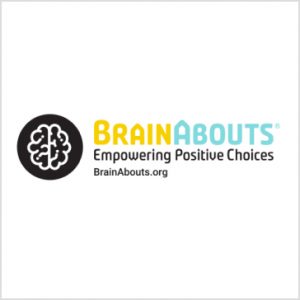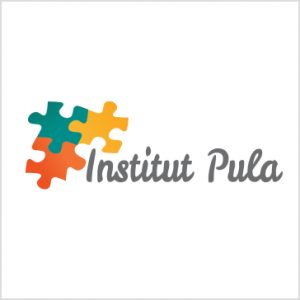The 60th Commission on Narcotic Drugs took place from 13th to 17th March 2017 in Vienna, Austria. It has been a session of records regarding the number of participants and side-events.
Around 100 side events and numerous exhibitions were held during the session, which was attended by more than 1,500 people representing Member States, civil society, academia and international organizations.
The UNODC Chief Yury Fedotov closed the 60th Session of the CND with a call for countries to keep protecting the health and welfare of people everywhere.
“Together we have made a commitment under the international drug control conventions to the health and welfare of people and communities everywhere – an enduring promise to millions of children, women and men that we must uphold,” he said.
The main discussions at the CND centered around the implementation of last year’s UNGASS outcome document and planning for the upcoming review of the 2009 Political Declaration and Plan of Action in 2019.
The Member States also decided to schedule a number of New Psychoactive Substances and some precursors that are used in the production of the opioid Fentanyl, which has caused a large number of overdoses in the USA and Eastern Europe in recent years.
A resolution by several countries in Eastern Europe aimed to promote community, family and school-based prevention strategies. The resolution took a broad perspective on prevention, including the role of risk factors, the importance of families and communities in prevention and the need for culturally appropriate, multi-component interventions to prevent drug use.
Among other things discussed were a resolution to prevent HIV /AIDS and other blood borne diseases, principles for Alternative Development and the harms of New Psychoactive Substances (NPS).
Side Events:
EURAD and RUN organised side events in collaboration with partners, affiliates and Member States within the official programme:
“Evidence Based Models of Recovery for individuals and Communities” EURAD hosted the event which was cosponsored by the Government of Croatia, Recovered Users Network- RUN , WFAD, San Patrignano and Sheffield Hallam University. The speakers included prof. David Best from Sheffield Hallam University, Monica Barzanti from San Patrignano, and Boro Goic EURAD board member and Chair of RUN and Zeljko Petkovic Director of the Office for Combating Drug Abuse of the Government of the Republic of Croatia. The event highligted the importance of supportive communities for individuals and families affected by drug use.

The “Triple R” Project -Rehabilitation, Social Reinsertion and Justice Intervention -Highlights and Suggestions for Policymakers and Practitioners, was organized by San Patrignano, Dianova Spain, WFAD, EURAD, Recovered Users Network- RUN, Basta Sweden and Popov Belgium. The event highlighted that individuals should be focus of the therapeutic program and medicalization must not be an end but a way leading to recovery. It was also emphasized that education has a pivotal role in both recovery and social reintegration and that alternative sentencing to incarceration should be further promoted and implemented.

The Drug Awareness on Adults-project organized in collaboration with Dianova Portugal and our affiliate Turkish Green Crescent Society. EURAD board member Mr. Martin Kooyman presented lessons learned and achievements from Netherlands perspective.
As part of the Drug Policy Futures platform, EURAD was involved in a side event Emerging Cannabis Policies: A challenges to Public Health for Member States on the experience with cannabis commercialization in the USA and Drug Policy Futures also organized a lunch for representatives from around 20 Member States.
Recovery display
Our 2nd Exhibition at the CND “Recovery in Communities- #Wedorecover” was displayed in the foyer of the Plenary room. The exhibition was cosponsored by 14 members of EURAD and RUN and aimed to promote recovery in communities around the world and shift focus from addiction and addicted to individuals in recovery and supportive communities and contribute to more balanced drug policies. The exhibition presented posters of supportive recovery communities and events which are creating therapeutic environments where recovery can grow. These growing and huge bunch of diverse individuals who celebrate recovery are a real living proof that recovery is not only possible, but changed their lives and lives of their families and community in general.

By Mulka Nisic


